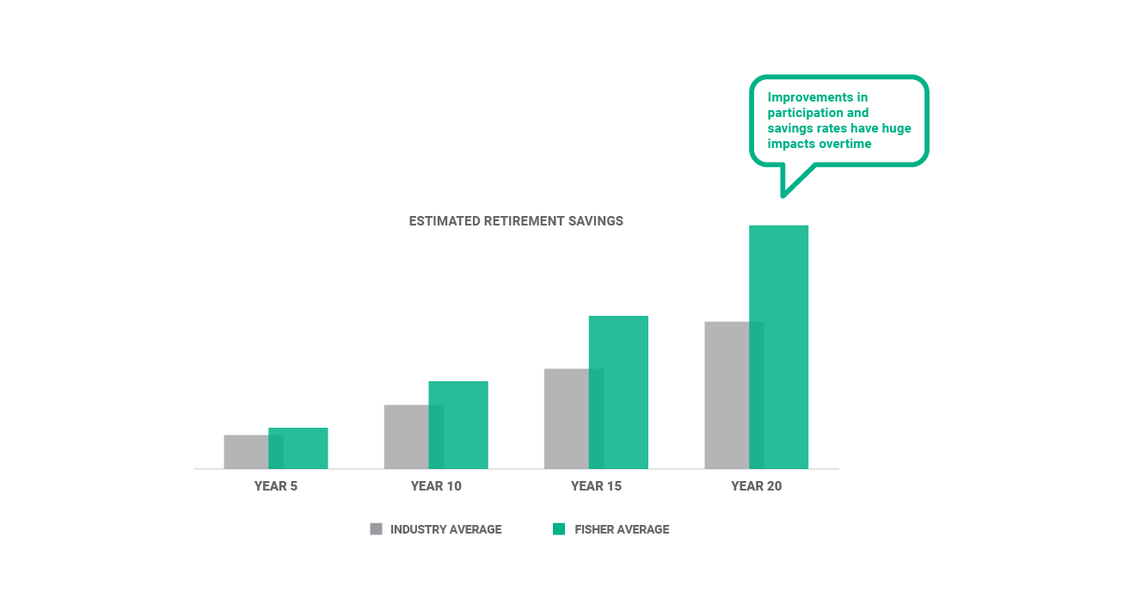Personal Wealth Management / Expert Commentary
Fisher Investments Reviews the Potential Impact of Tariffs
Fisher Investments’ founder, Executive Chairman and Co-Chief Investment Officer, Ken Fisher, explains the potential effects of proposed tariffs under the incoming Trump administration. Ken says investors underestimate how companies and countries can often maneuver around tariffs—limiting their intended impact.
Transcript
Ken Fisher:
So, you know, we just had this presidential election—that's what we had. We had an election then for the Senate and the House and a whole bunch of other stuff, too. But it's the presidency that gets the attention. And now with Donald Trump, president-elect, and soon to be president, the fact of the matter is, a lot of people say things like, well, he's talked a lot about tariffs. How do you think tariffs would impact stocks?
Let me make a couple points. And I will make this point routinely, because I've been doing it about Joe Biden and Donald Trump before him and Barack Obama before him. And I don't know who's going to be the president come 2029, but I'm going to bet you I'm going to be making it about that one, too. Presidents are less powerful than people think they are. It's a core concept for investing.
When it comes to investing, don't overestimate what a president's power is over the stock market. I'm going to point out to you, all other things aside. Contrary to what Republicans believe, and also contrary to what Democrats believe. The Democrats want to believe that Joe Biden did really well on the economy and better than Donald Trump. And Republicans want to believe that Donald Trump did really well with the economy and better than Joe Biden or Barack Obama. The fact of the matter is, if you aggregate all those numbers in terms of GDP growth rates, they don't look different at all. It's just a really simple fact that most people miss. Why? It's a subset of the broader feature that presidents aren't as powerful as people think they are. Whether you love them or hate them, whether you think Donald Trump is the cat's meow, or whether you think you know he's just a dog, it doesn't really matter. Presidents are not as powerful.
So, let's just think about tariffs for a moment. First, depends what kind of tariffs he actually does. We don't really know that yet. Let me point out that in 2016, when he was running, he was talking about tariffs. And then when he became president, some were implemented but more were used as a negotiating tactic. We're going to do these tariffs. Oh, you'll do this for us? Then I won't do the tariffs. And we don't know how much he really will be doing tariffs versus how much he'll be using them as a negotiating tactic.
Now let's just talk about that for a second. Maybe he does this and maybe he does that. Let's say he imposes tariffs on steel from China. What's the impact of that in terms of markets. Pretty much none. Why? Pretty simple. The tariffs on Chinese steel imports to America would raise the cost of buying Chinese steel in America. So, Americans would find it cheaper to buy steel from other countries, and China would find it advantageous to sell its steel into other countries than America. And you just play "Ring around the Rosie." Kind of like a game of musical chairs, but it doesn't really change much of anything. So is that a bad thing? No. Is it a good thing? Not particularly. Might be a good negotiating tactic relative to China, but even there, it doesn't have a lot of teeth.
It's parallel to my argument that I've used for decades that single-country sanctions don't really work very well because they buy around them. Let's say he applies tariffs on all steel everywhere. I'm just using this as an example, I'm not saying what he will or won't do. If he does that, then Americans pick up the tab for that. We consume less steel than we would have otherwise because the price is higher. We try to find substitutes for it, but it's hard to find too many substitutes for steel, and it does hurt America. Will he do that? I actually, mind you I'm neither a friend nor foe in these discussions of President Trump or any other president. The fact of the matter is, I don't think Trump's basic policies or his guiding instincts are wrong about what he wants to accomplish for America, and I don't think he's likely to do that.
And then there's the law. The law gives him power through executive order to impose tariffs on a limited basis, but only a limited basis. The limited basis is tied to national security issues and national emergency issues. It is really hard to argue that blanket tariffs on all items— or even blanket tariffs on all steel, or all semiconductors or all hula hoops, I don't care what it is—actually feed into those. There might be some military ones that would qualify. There might be some other specialty ones that would qualify. But in terms of the kind of concept that he's talked about, I'm just going to make you a guarantee. If he tries to do that, there will be a court case filed immediately against it. What will be the disposition of that court case? I don't know, to be determined. But when you're the claimant in a legal case, and I'm just going to say this brutally, you filed the claim in a court you think will be sympathetic to yours. You look for a court where you think you get a judge that's going to see things your way, and it gives you a sort of a head start out of the gate. It doesn't tell you what the outcome of the disposition of the end of it will be. But you maybe get the ability to slow it down, stop it up, create an injunction that provides preliminary relief against them doing that.
I don't know how all that stuff will play out. I do know that, if you will, the resistance to President Trump on so many things will be file a lawsuit and that will gum up the works on a lot of things and probably gum up the works on a lot of tariffs if he tries to do them beyond the bounds within which the law normally allows him to. So, I don't think this is a big deal. Presidents are never as powerful as people think they are. They never get as much done as some people hope and other people fear.
And you shouldn't worry about it too much for one final reason. Markets have been thinking about this stuff relative to Donald Trump for a long time, and they've already priced it all in. Most of what happens leading up to an election, in the time period between election and the end of the year—presidential election - end of the year—doesn't carry over into the inaugural year in stock prices. So, just keep that in the back of your mind. This is not something that's all powerful. And as if he was king, we have a system in America that doesn't let presidents be kings. Thank you for listening to me. I hope you found this useful and enjoyable.
Hi, this is Ken Fisher. Subscribe to the Fisher Investments YouTube channel if you like what you've seen. Click the bell to be notified as soon as we publish new videos.

See our Business 401(k) Insights
Resources and articles to help your business with retirement plan support, optimization and administration.

Contact Us
One of our 401(k) business specialists would love to talk to you about your company's retirement plan needs.




